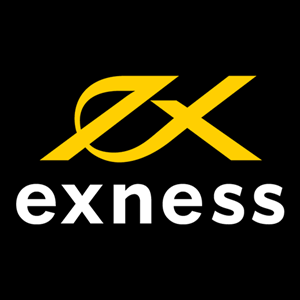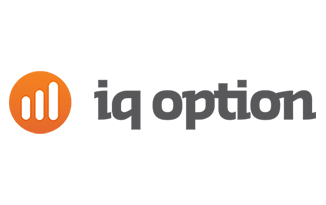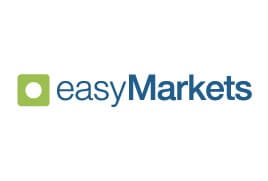Day trading traders in South Africa
Day trading, which involves buying and selling financial instruments within the same trading day, is a popular activity among traders in South Africa. However, it is important to note that day trading can be risky and requires a good understanding of the financial markets and trading strategies.
Day trading Brokers in South Africa

Quotex

Deriv

Exness

IQ Option

Hycm

Easy Markets
In South Africa, day traders can trade on the Johannesburg Stock Exchange (JSE), which is the largest stock exchange on the African continent. The JSE offers a variety of financial instruments for trading, including equities, bonds, exchange-traded funds (ETFs), and derivatives.
To become a day trader in South Africa, individuals need to open a trading account with a registered stockbroker or brokerage firm. They will also need to provide documentation such as identification, proof of residence, and a tax number.
It is also important for day traders to have a good understanding of technical analysis and risk management strategies to maximize their profits and minimize their losses. Many online resources, courses, and seminars are available to help South African day traders improve their skills and knowledge.
Finally, it is important to note that day trading is subject to taxation in South Africa. Day traders must keep accurate records of their trades and report their profits and losses to the South African Revenue Service (SARS) at the end of the tax year.
Tips for day trading traders in South Africa:
- Develop a trading plan: Before you start day trading, it’s important to have a solid trading plan in place. This should include your trading goals, risk management strategy, and trading rules.
- Stay up-to-date with market news and events: Keep an eye on economic and political developments that could impact the markets you’re trading. This can help you make informed trading decisions.
- Practice on a demo account: Many brokers offer demo accounts that allow you to practice trading with virtual funds. This can be a good way to get familiar with trading platforms and test out different strategies without risking real money.
- Use technical analysis: Technical analysis can help you identify trends and patterns in the markets you’re trading. This can help you make more accurate predictions about price movements.
- Set stop-loss orders: A stop-loss order is an order that automatically closes your position if the price of the asset you’re trading reaches a certain level. This can help you limit your losses if the market moves against you.
- Manage your risk: Day trading can be risky, so it’s important to have a risk management strategy in place. This should include setting stop-loss orders, diversifying your portfolio, and avoiding over-leveraging.
- Keep a trading journal: Keeping a trading journal can help you track your progress, identify areas for improvement, and learn from your mistakes.
FAQS about day trading for traders in South Africa:
What is day trading?
Day trading is a trading strategy where traders buy and sell financial instruments within the same trading day, in order to make profits from short-term price movements.
What financial instruments can I day trade in South Africa?
You can day trade a variety of financial instruments in South Africa, including stocks, bonds, ETFs, and derivatives. The Johannesburg Stock Exchange (JSE) is the largest stock exchange in Africa and offers a range of financial instruments for trading.
How do I start day trading in South Africa?
To start day trading in South Africa, you need to open a trading account with a registered stockbroker or brokerage firm. You will need to provide documentation such as identification, proof of residence, and a tax number. You should also develop a trading plan, stay up-to-date with market news, and practice on a demo account before trading with real money.
Is day trading legal in South Africa?
Yes, day trading is legal in South Africa. However, it is subject to taxation and traders must report their profits and losses to the South African Revenue Service (SARS).
Is day trading risky?
Yes, day trading can be risky and is not suitable for everyone. It requires a good understanding of the financial markets and trading strategies, as well as discipline and risk management skills.
How much money do I need to start day trading in South Africa?
The amount of money you need to start day trading in South Africa depends on your trading strategy and risk appetite. Some brokers may require a minimum deposit to open a trading account, while others may offer accounts with no minimum deposit requirement. It’s important to have a solid trading plan in place and manage your risk carefully.

